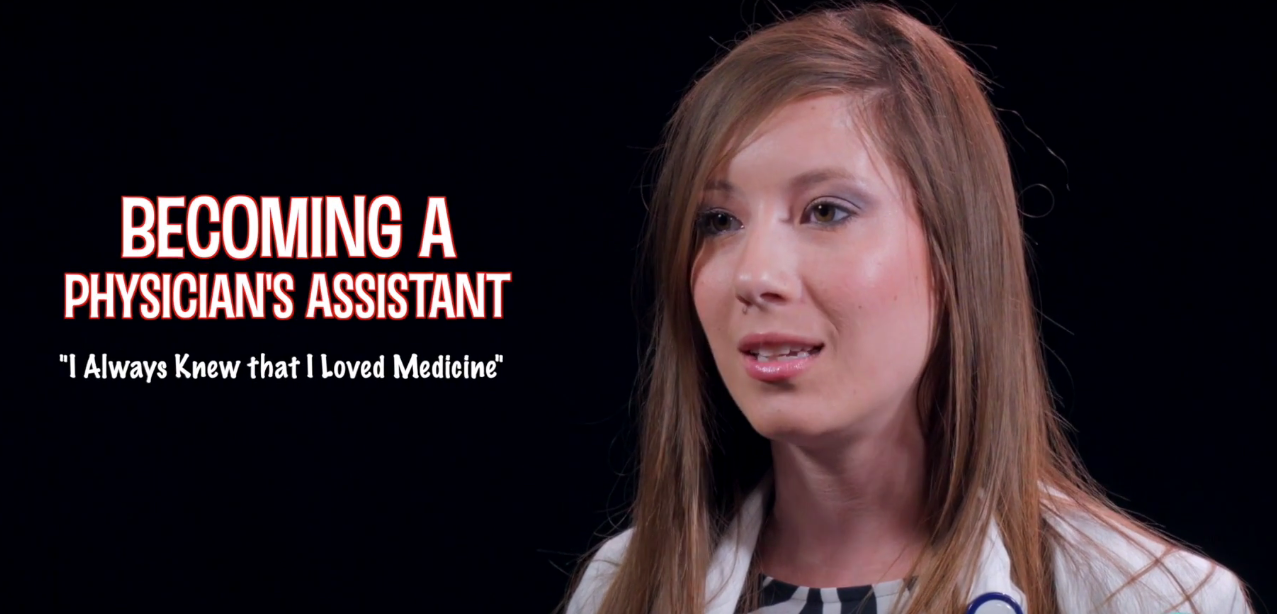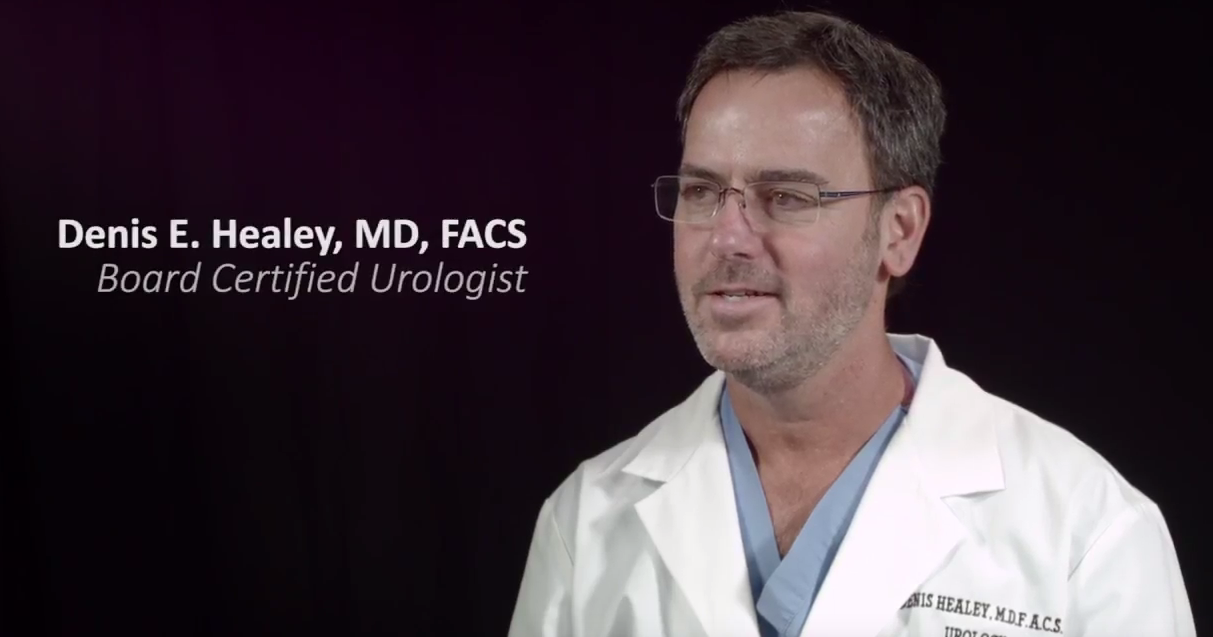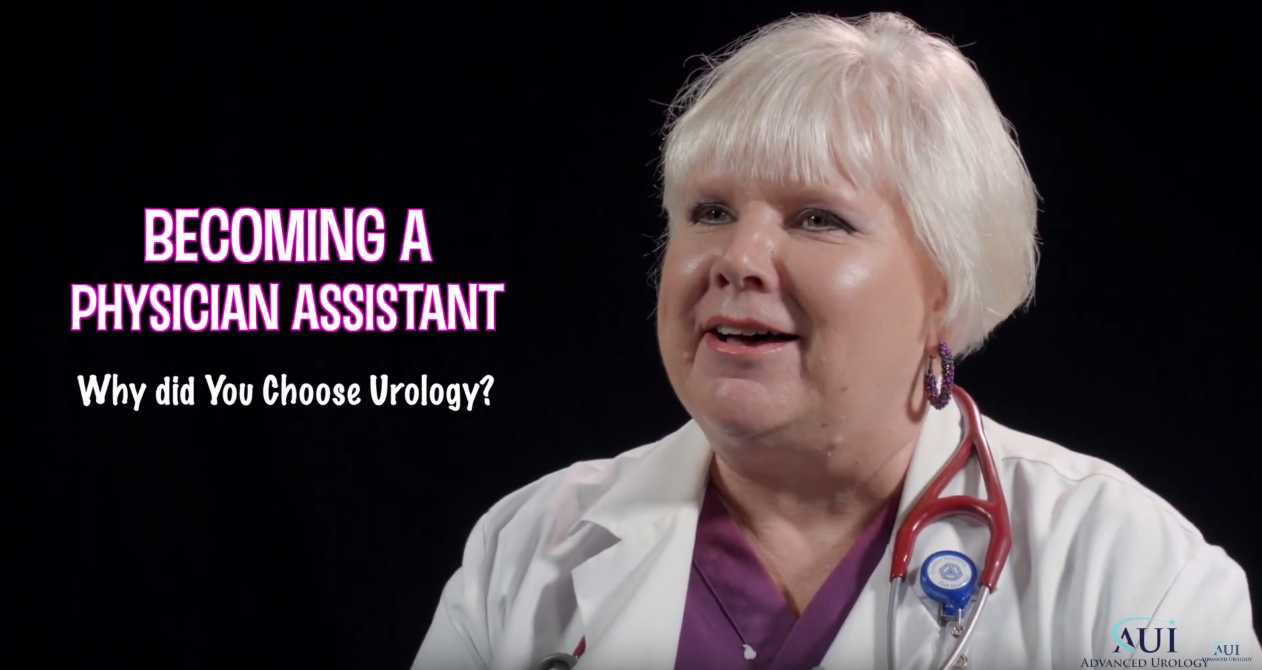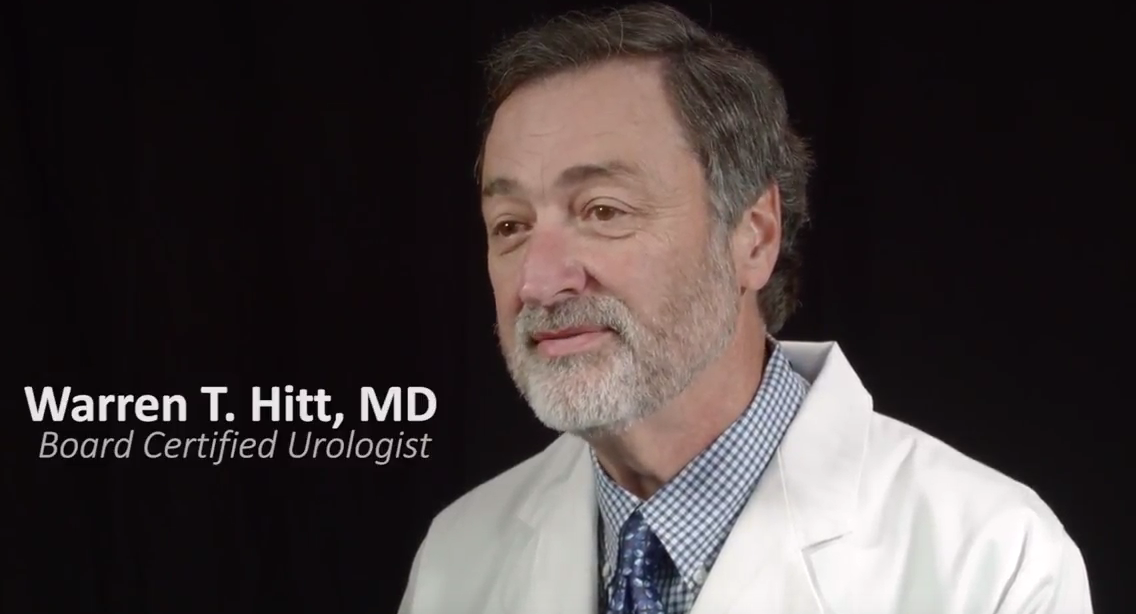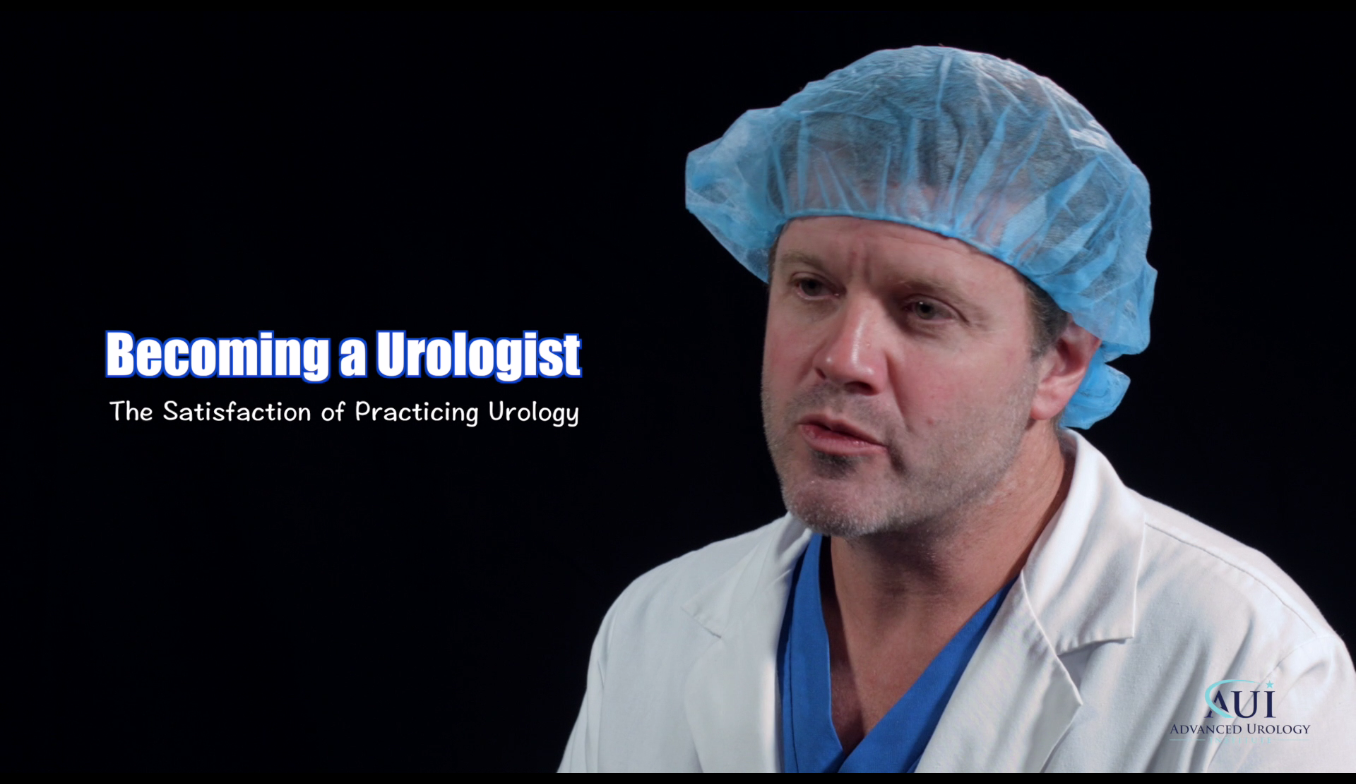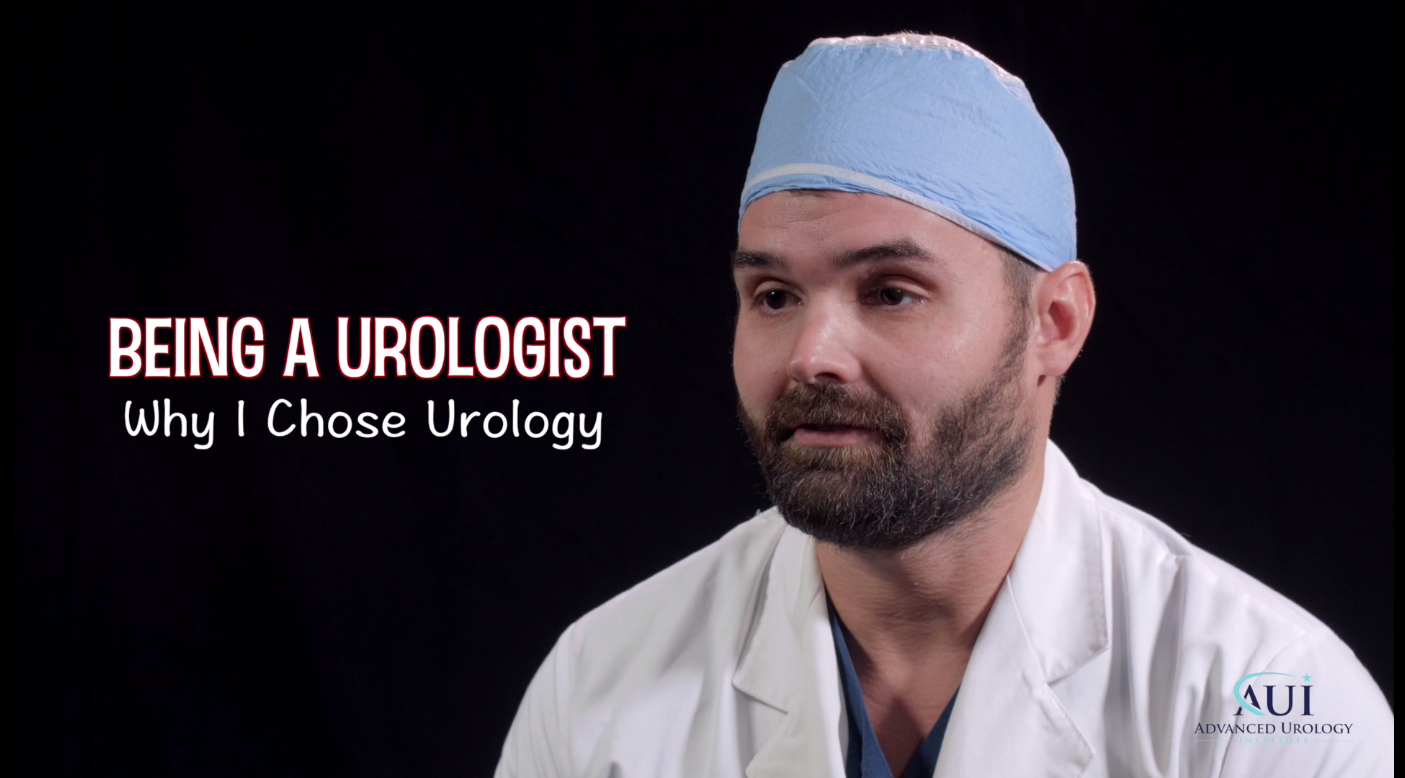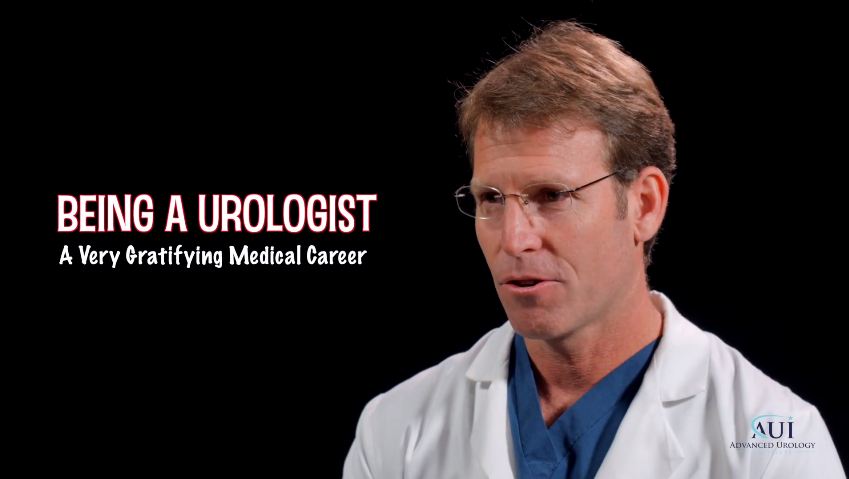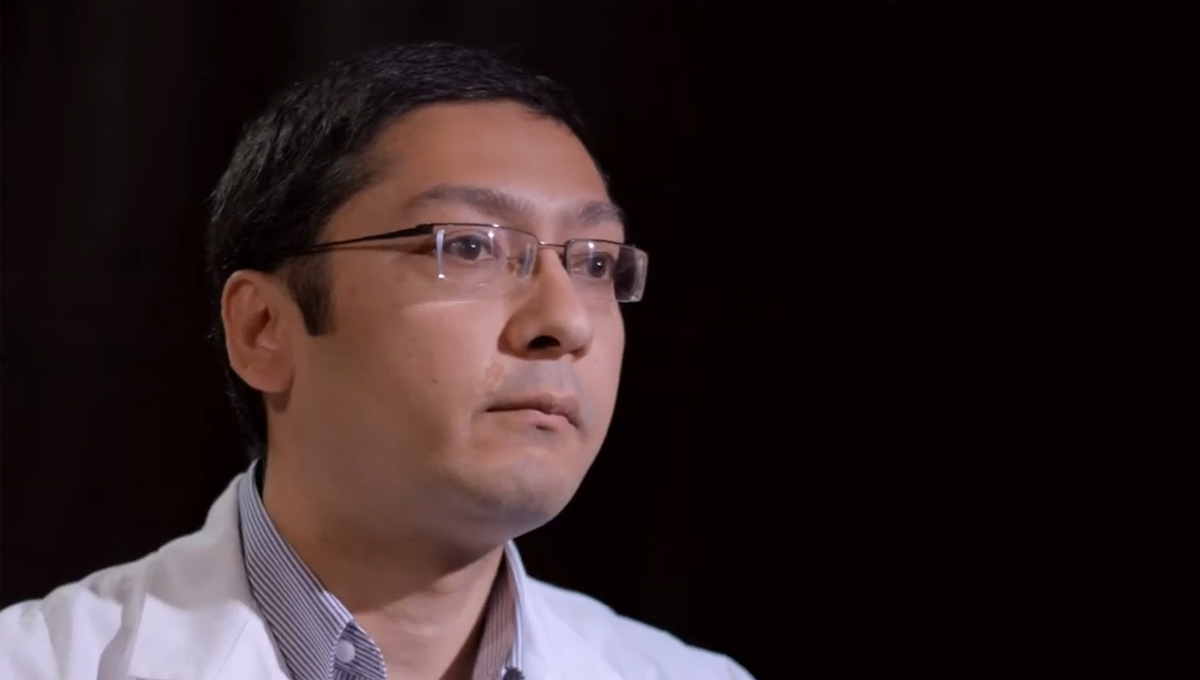Introduction
Testosterone is a vital hormone for men, impacting their daily energy levels, sexuality, and overall health. Dr. Saumil Karavadia, a renowned urologist in Ocala, FL, provides insight into the symptoms of low testosterone, the importance of proper evaluation, and the available treatment options. Read on to learn more about testosterone therapy and how it could potentially benefit you.
The Importance of Testosterone for Men’s Health
According to Dr. Saumil Karavadia, MD, testosterone is a key hormone needed for men to maintain their health. Low testosterone levels can lead to numerous issues such as osteoporosis, decreased energy levels, and fatigue. Some individuals may experience symptoms similar to male menopause, including hot flashes, gynecomastia (enlarged breast tissue), low libido, and persistent fatigue.
Diagnosing Low Testosterone: Seeking Evaluation
If you suspect you may have low testosterone, Dr. Karavadia recommends seeking a professional evaluation to determine the cause. In many cases, low testosterone levels result from primary testicular failure, where the testicles do not produce enough of the hormone. This condition often requires testosterone therapy for treatment.
Testosterone Therapy Options
There are several treatment options available for low testosterone, including patches, gels, injections, and long-term pellet options. Dr. Karavadia highlights the convenience of pellet therapy, as it allows patients to receive treatment every three to four months, reducing the need for frequent visits to the clinic.
The Benefits of Testosterone Therapy
Patients who undergo testosterone therapy often experience a significant increase in their energy levels, allowing them to be more active and enjoy their daily lives. Additionally, testosterone therapy can improve libido, overall well-being, and alleviate feelings of fatigue or depression that can occur with age.
Advanced Urology Institute: Expertise You Can Trust
Dr. Saumil Karavadia is a dedicated urologist at the Advanced Urology Institute, the largest urology practice in Florida. Their commitment to providing exceptional care ensures that patients receive the best possible treatment for low testosterone and other urological concerns. Trust the experts at Advanced Urology Institute to guide you on your journey to improved health and well-being.
TRANSCRIPTION:
My name is Saumil Karavadia, I’m with Advanced Urology Specialists.
Testosterone is a male hormone that certainly has a big impact on a male’s sexuality as well as the daily energy that a person goes through from a day-to-day basis. Testosterone is one of the key hormones that’s needed to actually be healthy.
If you have low testosterone, it can certainly lead to osteoporosis, worsening energy levels, being tired. The majority of the symptoms are having like a male menopause. Hot flashes, gynecomastia, low libido, low fatigue. Those are all very common symptoms of having low testosterone.
First thing is you’ll want to get evaluated. You’ll want to get checked out for the most common causes for this. And majority of the time it’s primary testicular failure where the testicles itself, they don’t produce any testosterone. When that happens, you need to supplement with testosterone therapy. And that’s one of the most common ways to treat it. There are several treatment options including patches, gels, injections, as well as long-term pellet options which are great for people who want to come in every three or four months and just get one treatment.
Once you start testosterone therapy, the patients have a significant increase in their energy. They’re sleeping not throughout the day. They’re being active and enjoying their lifestyle. They also have an increase in libido. They have an increase in their well-being. They don’t have that tired or fatigued feeling which is a big cause for being depressed almost as you get older.
REFERENCES:


